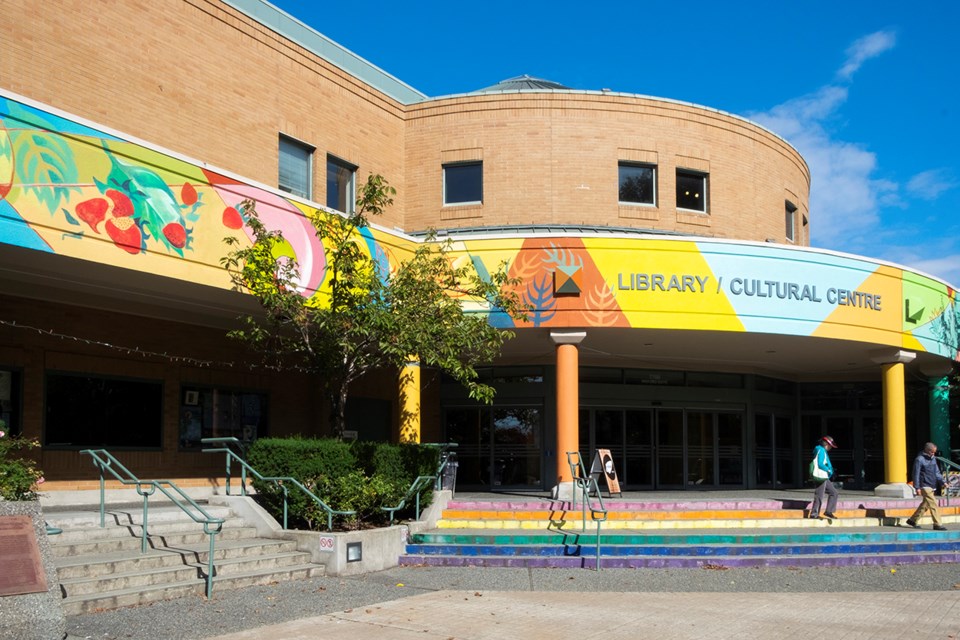Eddy Boudel Tan’s new novel The Tiger and the Cosmonaut is a heartfelt and highly personal reflection of family, memory, loss and love.
The novel begins with us joining the central character, Casper Han, on a journey that is both physical and spiritual back to his fictional hometown of Wilhem, B.C., to unpack the mystery of his father’s temporary disappearance.
This event mirrors the permanent disappearance of his twin brother, Sam, more than a decade before.
Underlying this cold case is Casper’s struggle to reconnect with his ex, his family and the estranged hometown which acts almost like a character itself.
What follows is a very nostalgic and personal exploration of what it means to feel consistently removed from his community via multiple perspectives, whether by race, sexual preference, age, education or socioeconomic status.
These attributes tug at Casper’s intersectionality of identity.
In the explosive ending to the novel, another major aspect of his personality will be revealed, making him — and the reader — question the very nature of the self.
As we follow Casper on his journey, we’re also taken along for a ride, via ferry and other travels through small-town Canada and particularly through the islands and unsung cities of Westcoast B.C.
This is often infused with historical context, particularly regarding race relations and the abuses that early Chinese Canadians suffered in these small towns.
Tan’s writing is lush and visual as he explores this territory with his characters literally disappearing into the forest before re-emerging, sometimes completely transformed by the experience.
There’s a strict attention to detail and a sort of cinematic clarity as he shows us what it was like to grow up in these small cities where everyone knew each other, where there was no way to hide who you were from your neighbours and community.
Ultimately, we find that coming home as an adult often means letting go of the false narratives of one’s youth – Casper notes that the cells in the city’s prison were “the size of [his] bedroom," a potent metaphor.
This painful catharsis allows for reconciling with family; accepting what we desire and realizing what we don’t; and coming to terms with our parents and ourselves as people, complete with honest flaws.
At the end of the novel, Casper is effectively reborn because of this reconciliation, and though there’s a cruelty in this quote as it also pertains to his father’s dementia, Casper notes “time is a cruel thief, a bastard that takes back all that’s been given. We have nothing but this hour, this minute, this second.”
But if we accept this sometimes painful truth, it also means that we have the power to reinvent ourselves fully at any moment.
📣 Got an opinion on this story or any others in Richmond? Send us a letter or email your thoughts or story tips to [email protected].
📲 To stay updated on Richmond news, sign up for our daily headline newsletter.
💬 Words missing in article? Your adblocker might be preventing hyperlinked text from appearing.



